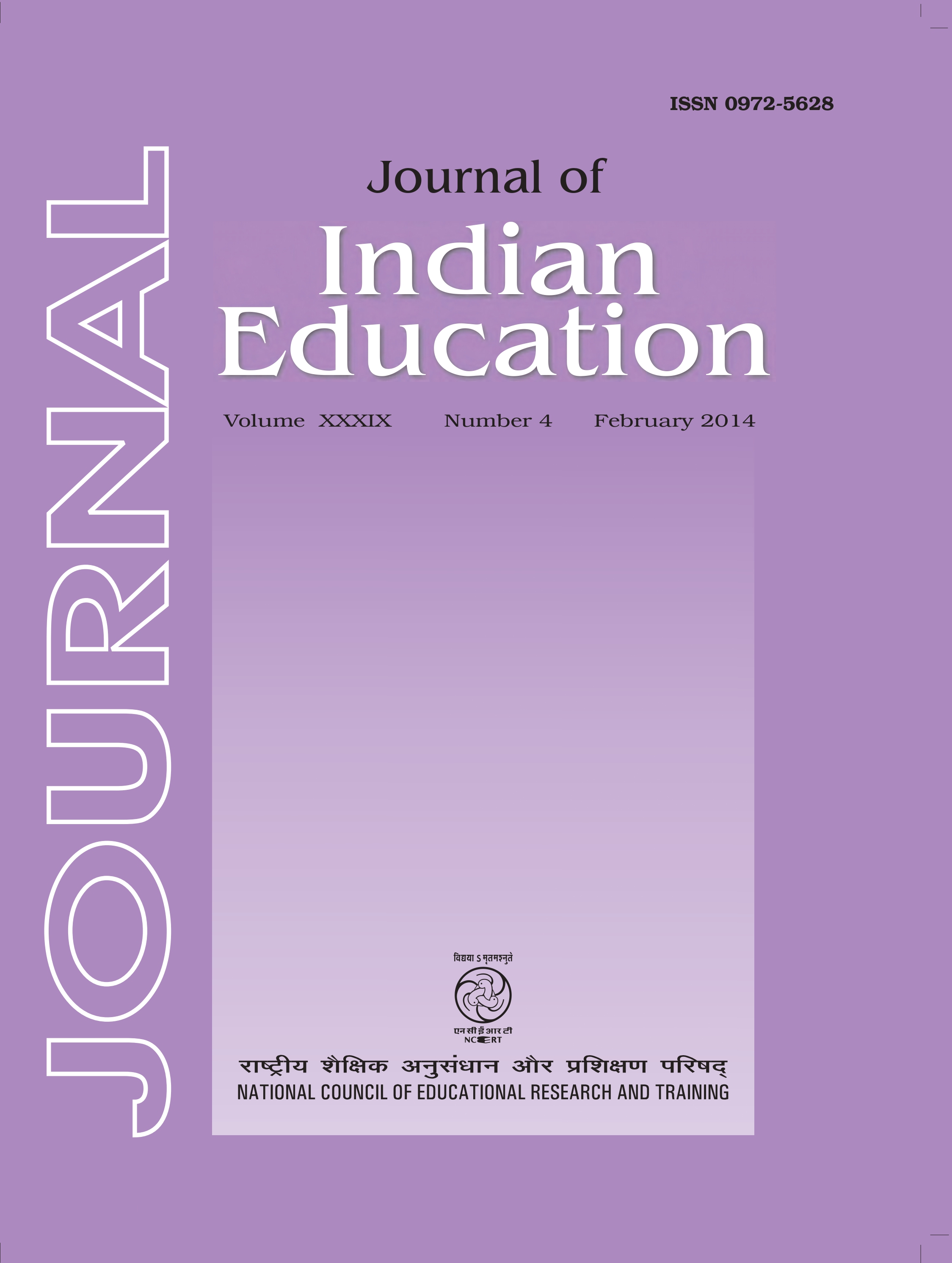The Practices and Challenges in Providing Psychosocial Care and Support to Orphan and Vulnerable Students in Ethiopian Context
Published 2024-12-09
Keywords
- Psychosocial care,
- Child Welfare,
- Networking
How to Cite
Abstract
The aim of the study was to explore the practices and challenges in providing Psychosocial care and support to orphan and vulnerable students (OVS). To achieve its objectives, the study utilised qualitative method to gather relevant, direct and rich information from participants. The study was conducted in two caregiver organisations of Hosanna Town. The study covered interviews with 12 key informants, four focus group discussions (FGDs) with 28 OVS participants, and used observation checklist. The participants were selected using purposive sampling technique. The collected data was analysed thematically. From the results of the study, majority of the respondents indicated that group counselling, spiritual practices, peer support and recreational activities were most frequently practiced to meet the psychosocial needs of OVS. But majority of the respondents indicated that individual counselling was not adequately practiced in the organisations. Even though, most respondent groups agreed that the spiritual practices and recreational activities are relatively operative in helping OVS, the major challenges that hinder the effectiveness of Psychosocial care and support service are absence of OVS care and support guideline, low awareness, funding constraints, absence of evaluation systems, and low networking. Based on the results and discussion, it is generally recommended that creating awareness at all levels, empowering caregivers and enriching financial potential should also be given attention to provide well organised psychosocial care and support to OVS.

